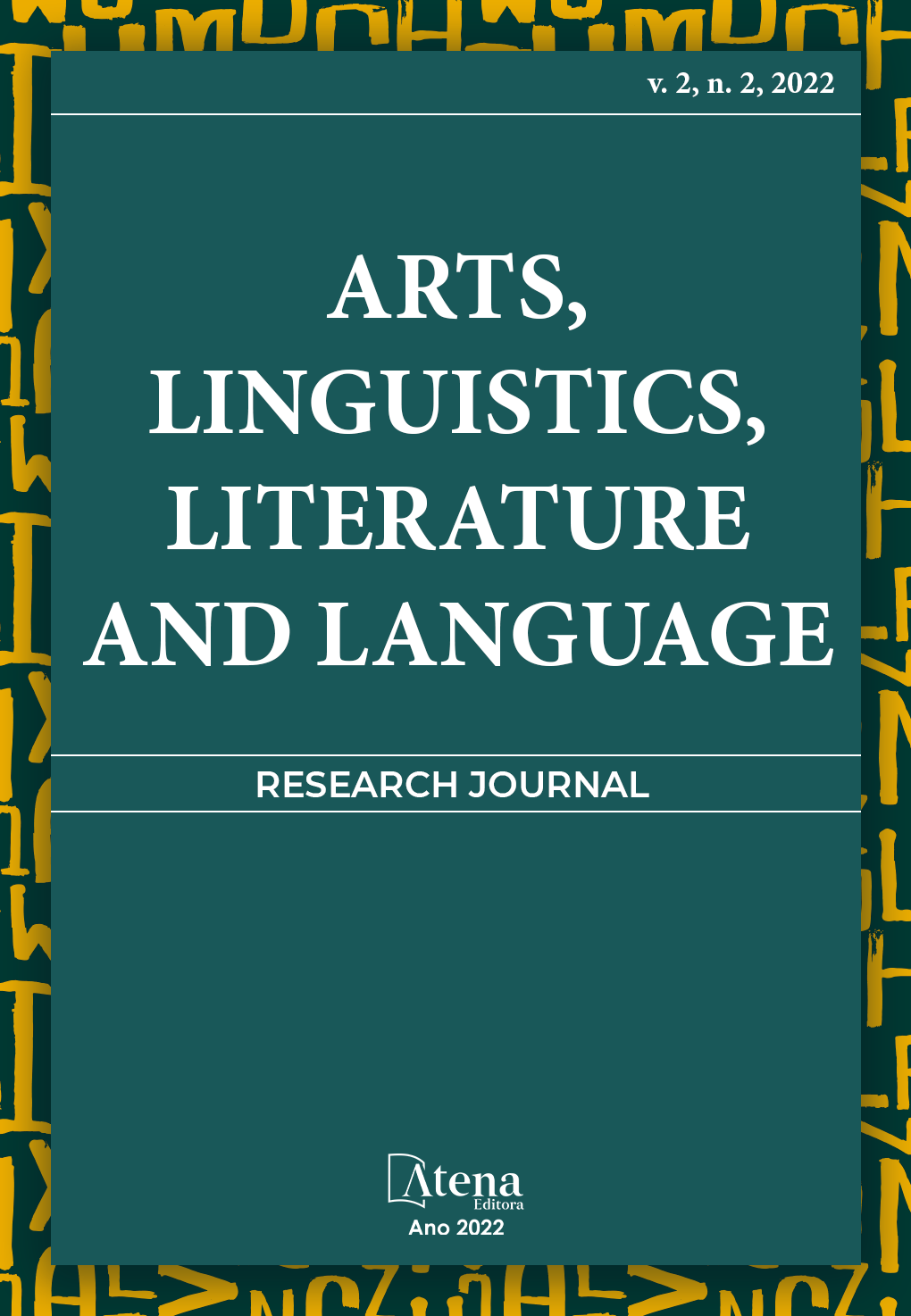
UNVEILING THE TRANSLATION OF “A DESERTA ISLAND” BY CARLITO AZEVEDO
Argentine theater is quite rich, but I intend to focus here only on the theatrical work of writer and journalist Roberto Arlt, written in the mid-twentieth century. Arlt wrote several plays that marked the Argentine theater of his time. However, the works of art from the theater are not much studied in Brazil, which is why I propose to bring them closer to the Brazilian public. Among Arlt's theatrical texts, there is only one version of the play La isla desierta in Portuguese, translated by Carlito Azevedo and published by SESC through a dramatic reading project called Projeto Dramaturgia - Leituras em Cena. The interest of this article is to analyze and comment on the translation carried out by Carlito Azevedo, to discuss the techniques used and his translation choices based on some theorists and on my own experience with the translation of the same piece. Thus, allowing a dialogue between the translation options. And my observations regarding the final result of the text.
UNVEILING THE TRANSLATION OF “A DESERTA ISLAND” BY CARLITO AZEVEDO
-
DOI: 10.22533/at.ed.929222218034
-
Palavras-chave: Roberto Arlt. Analyze. Theater. Translation. Adaptation.
-
Keywords: Roberto Arlt. Analyze. Theater. Translation. Adaptation.
-
Abstract:
Argentine theater is quite rich, but I intend to focus here only on the theatrical work of writer and journalist Roberto Arlt, written in the mid-twentieth century. Arlt wrote several plays that marked the Argentine theater of his time. However, the works of art from the theater are not much studied in Brazil, which is why I propose to bring them closer to the Brazilian public. Among Arlt's theatrical texts, there is only one version of the play La isla desierta in Portuguese, translated by Carlito Azevedo and published by SESC through a dramatic reading project called Projeto Dramaturgia - Leituras em Cena. The interest of this article is to analyze and comment on the translation carried out by Carlito Azevedo, to discuss the techniques used and his translation choices based on some theorists and on my own experience with the translation of the same piece. Thus, allowing a dialogue between the translation options. And my observations regarding the final result of the text.
-
Número de páginas: 15
- Adriane Viz Veiga


